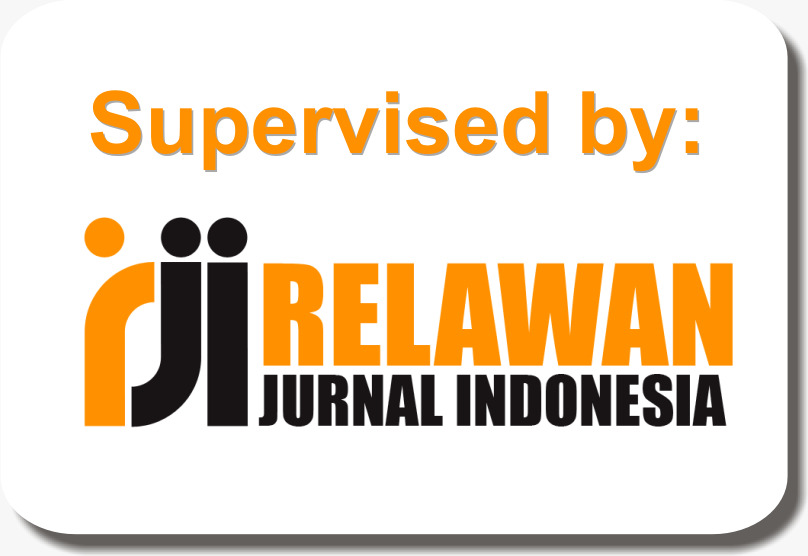PENANAMAN MODAL DALAM NEGERI MELALUI INVESTASI TERIKAT SYARIAH: SUATU MANFAAT DAN TANTANGAN HUKUM
DOI:
https://doi.org/10.52249/ilr.v4i1.227Keywords:
Capital Investment, Restricted Investment, Sharia FinancingAbstract
Domestic capital investment supported by the Indonesian government has covered many aspects of the economy, one of which is the sharia economy. One type of domestic investment offered by sharia banking is restricted investment. Sharia-bound investments that use mudharabah muqayyadah contracts have their own arrangements and different from other financing schemes. In restricted investment there are three parties involved, namely investors, sharia banks and business customers. The purpose of this writing is to determine the benefits of sharia-bound investments for the parties and the legal challenges that arise from distributing restricted investment The writing method used in this research is a qualitative approach so that this research will produce analytical descriptive data. The approaches used in this research are the statutory approach, case approach, and conceptual approach. The research results show that the benefits of restricted investment can be obtainde by all parties involved in the financing, including profit sharing obtained by investors and banks, financing for business of the business customers. Legal challenges can be created from any financing, including restricted investment, which are borne jointly by the parties in the sharia-bound investment.
Downloads
Published
How to Cite
Issue
Section
License
IBLAM Law Review by https://ejurnal.iblam.ac.id/IRL/index.php/ILR/index is licensed under Attribution-ShareAlike 4.0 International



